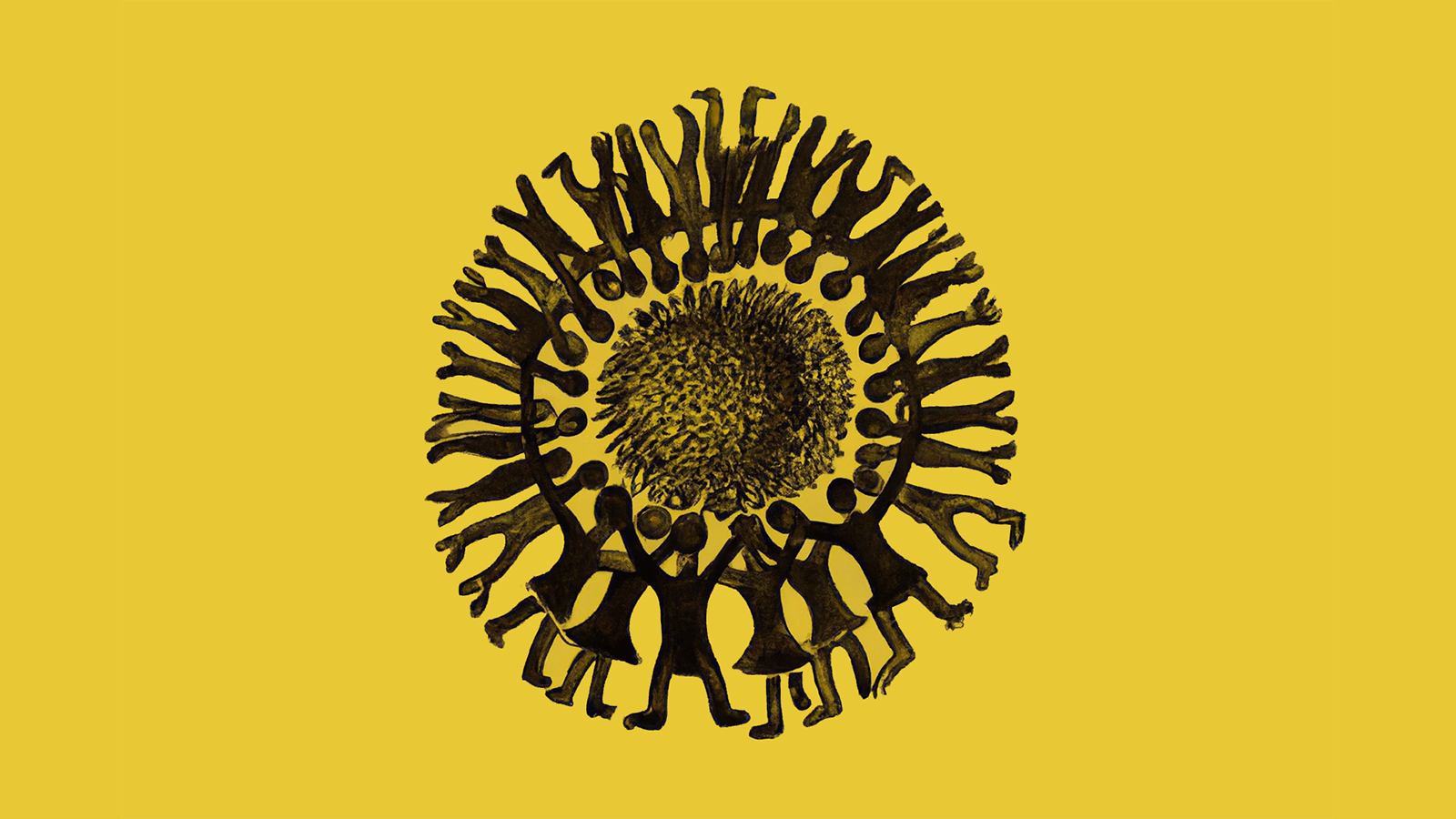Can You Fix a Broken Heart by Writing about It?

Going through a separation, a divorce, or even just a bad break-up can feel earth shattering and soul destroying. As if this wasn’t enough, separating from your loved one can also wreak havoc on your health.
Studies have shown that a divorce, for example, can cause not only a range of psychological problems—loneliness, unhappiness, overall poor life satisfaction—but also an unfortunate assortment of physiological and health issues. A separation can make us more likely to fall ill, develop heart disease, or even increase the risk of death.
But is there a way out of the darkness? Apart from seeing a therapist, exercising, and getting plenty of good food and rest, what else can you do to mend a broken heart?
Apparently, you can write about it. A new study says that writing about your relationship and break up can do wonders for the health of your heart—but there is a catch: only one kind of writing can help.
Expressive writing and health
The new study, carried out by researchers from the Department of Psychology at the University of Arizona, looked at how so-called “narrative expressive writing” affects the heart rate, heart rate variability, and blood pressure in recently separated adults.
“Expressive writing” is a therapeutic practice where people are asked to record their “deepest thoughts and feelings” about a traumatic life event. The idea behind this cognitive behavioral intervention is that by relieving emotions, people can better adapt cognitively to what happened and make meaning or “sense” of things.

A visitor to the temporary memorial at the 9/11 crash site of Flight 93 writes a message of remembrance to the passengers and crew that lost their lives. Image credit: Archie Carpenter/Getty Images
Expressive writing has been shown to improve physical health: it makes our immune system stronger, and it lowers our blood pressure and heart rate.
But when it comes to break-ups, does this kind of writing help? Some studies answered with a clear “no.” Not only does this kind of writing not help, but it may also make things worse, as excessive rumination over what went wrong can make you feel even more distressed.
The new study, however, by University of Arizona’s Kyle Bourassa and his team, added a key element: narratives. Just recording your thoughts and feelings about a traumatic event such as a divorce or separation may not help much, but writing about it in the form of a narrative is, well, a whole other story.
How do different kinds of writing affect your heart?
Kyle Bourassa and his colleagues rounded up 109 newly separated adults and divided them into three separate groups: one group engaged in “traditional expressive writing,” another in narrative expressive writing, and finally, a control group wrote in a rather neutral way.
The participants had to write as instructed for 20 minutes each day, for three successive days.
Those in the expressive writing group had to write for 20 minutes about their strongest and deepest feelings around the separation.
Those in the narrative expressive writing group were still asked to express their strongest emotions, but they were also prompted to come up with a story arc for their separation. On Day 1 they had to tell the story of the end of their relationship, on Day 2 they had to write about the separation experience, and finally, on Day 3 they had to come up with an end to the “divorce story.”

The heartbreak caused by a separation can feel overwhelming and have a negative effect on our health. But writing up a story about it might change that. Image credit: Lichtenstein Hopeless by Jennifer Mei
Some of the prompts they received read: “Please think about how you and your partner met,” and “When did you first realize you and your partner were headed toward divorce? What was that time like?” The writing tasks the participants had to complete had a clear, specific goal: make the story of your separation a coherent narrative.
Finally, those in the control writing group were simply asked to write “continuously and without emotion” for 20 minutes about how they usually spend their time.
Over a period of seven and a half months, the participants were evaluated physiologically three times. The researchers measured their heart rate, the variability of their heart rate, and their blood pressure.
If it hurts, put it in a story
It turns out that narrative expressive writing does wonders for your health. The study revealed that those who engaged in the activity had a much lower heart rate than the control group.
Additionally, participants in the narrative expressive writing group had a higher heart rate variability (the time interval between heartbeats). Heart rate variability is a good measure of the body’s ability to adapt to the environment and its stressors—and a high variability is an indicator of good health—as is a low heart rate.
By contrast, those who did traditional expressive writing had pretty much the same heart rate, blood pressure, and heart rate variability as those in the control group.
Why is narrative journalling so soothing for the heart? The lead author of the study offers an explanation:
“To be able to create a story in a structured way—not just re-experience your emotions but make meaning out of them—allows you to process those feelings in a more physiologically adaptive way,” says Bourassa.
“The explicit instructions to create a narrative may provide a scaffolding for people who are going through this tough time,” he adds on a hopeful note. “This structure can help people gain an understanding of their experience that allows them to move forward, rather than simply spinning and re-experiencing the same negative emotions over and over.”





